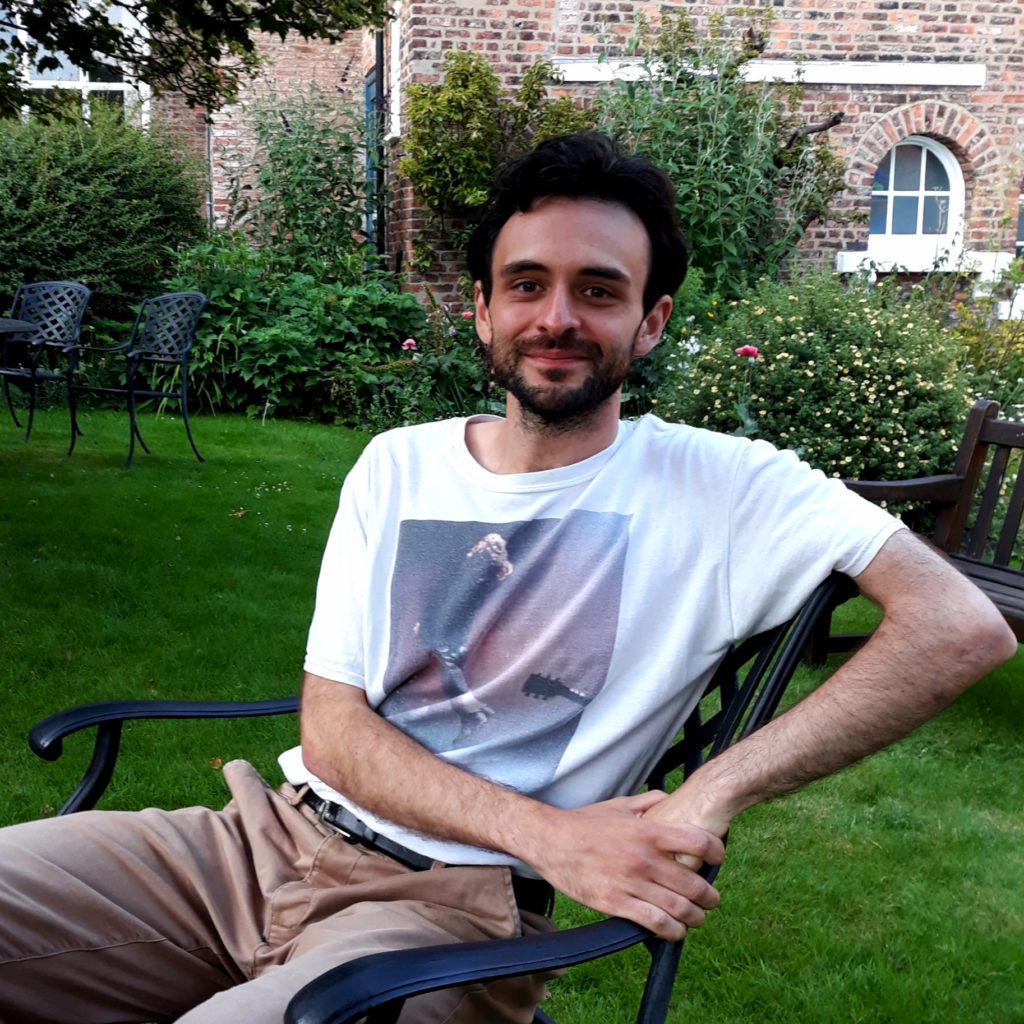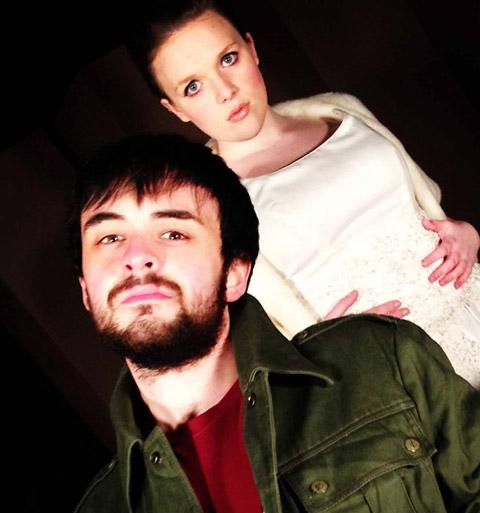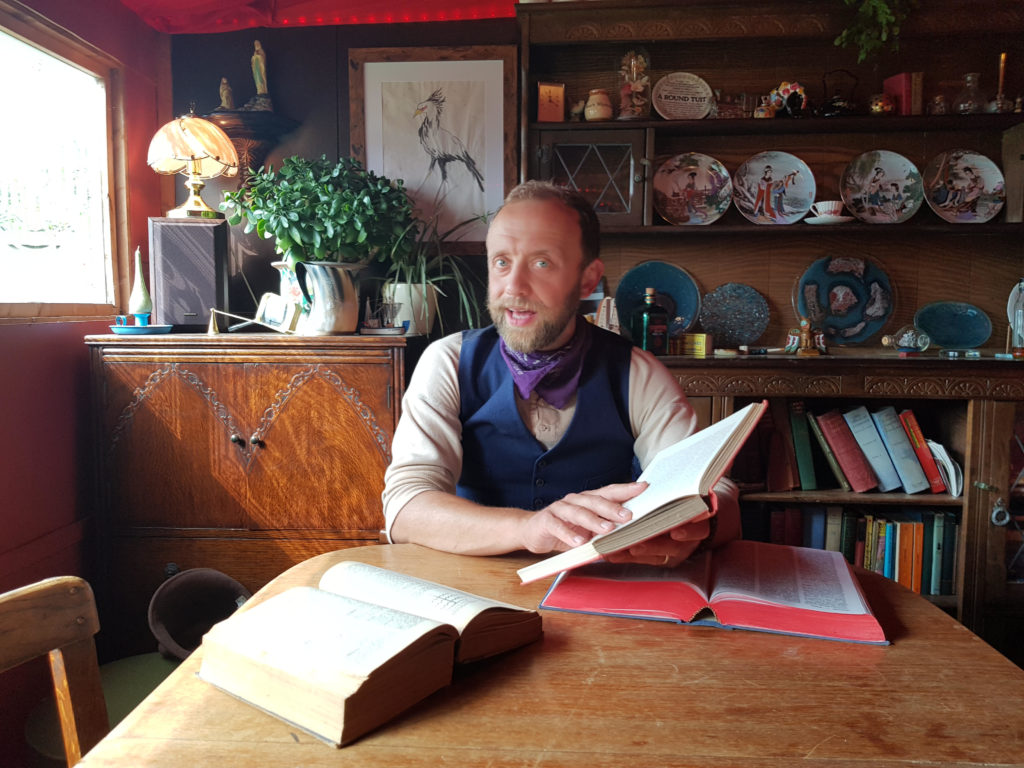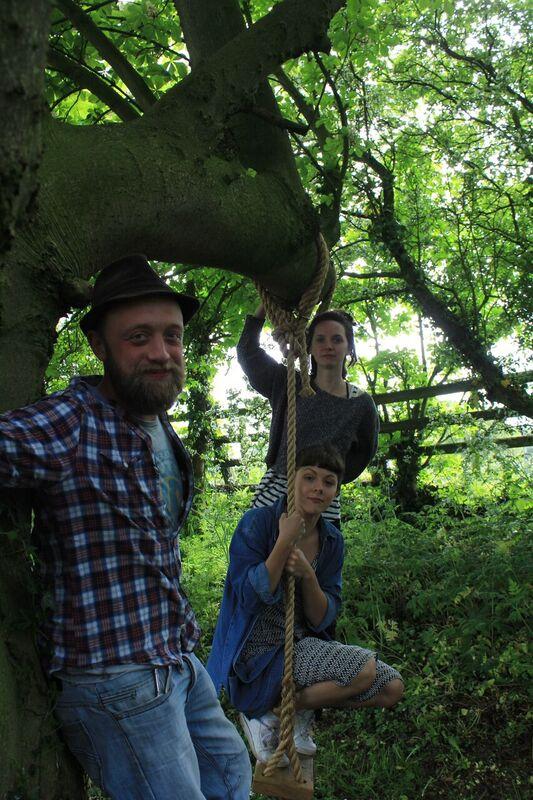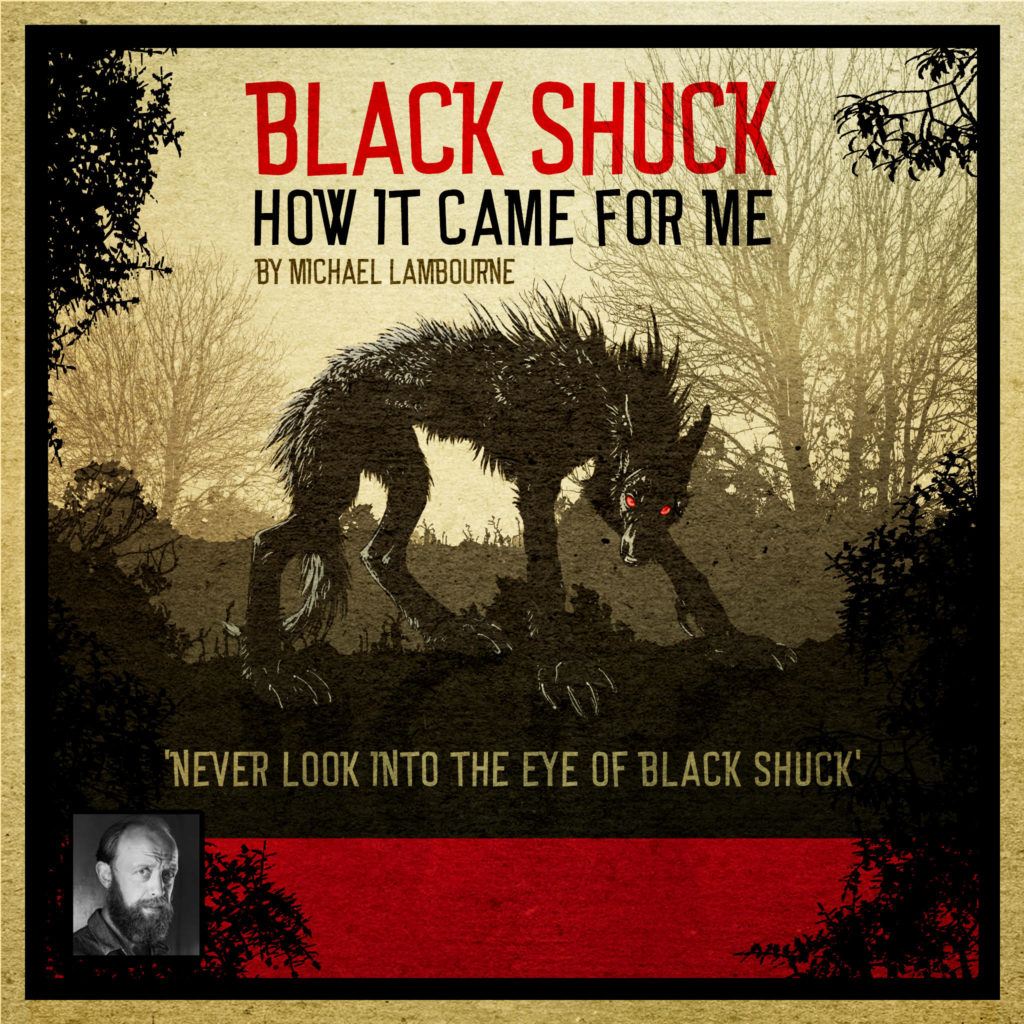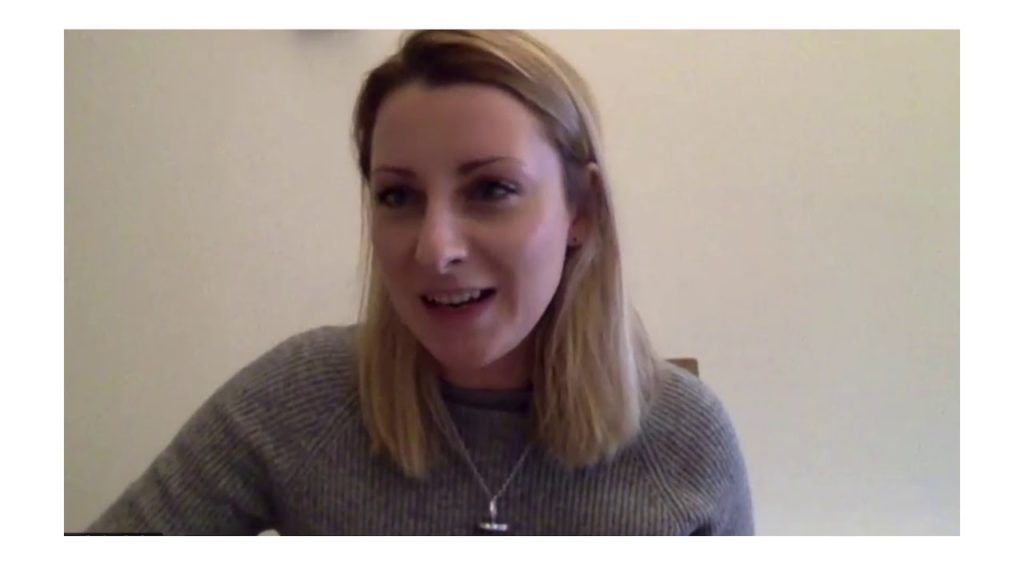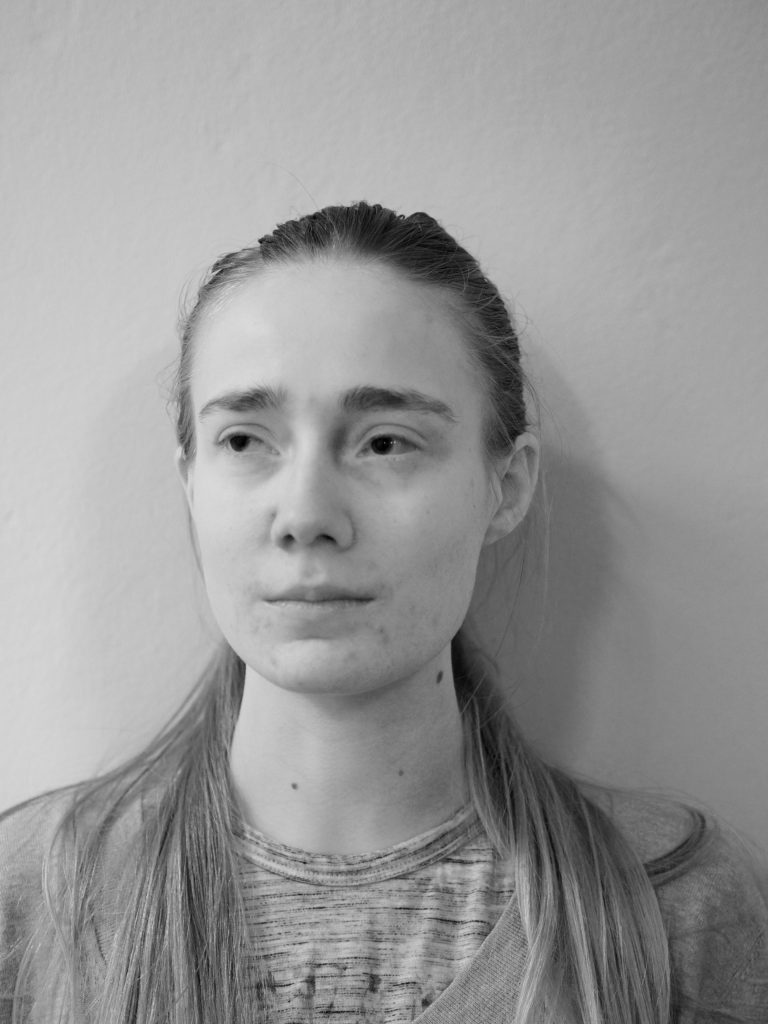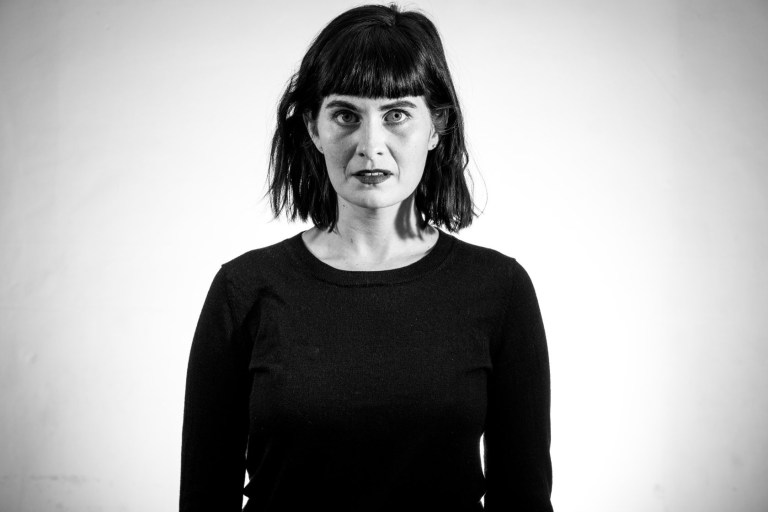
YORK Shakespeare Project will go on tour for the first time this autumn with The Tempest, the final production of its 20-year journey to perform all 37 of Shakespeare’s plays.
YSP’s ambitious mission will be completed with an October 1 performance at York Theatre Royal after a North and East Yorkshire itinerary that will take in Selby, Goole and other towns and villages.
On tour from September 23, The Tempest will be directed by Philip Parr, director of Parrabbola and York International Shakespeare Festival and chair of the European Shakespeare Festivals Network.
Founded in April 2001 by artist, actor and philosopher Dr Frank Brogan with funding from the National Lottery’s Awards For All and York Challenge Fund, YSP performed its first production, Richard III, at the Joseph Rowntree Theatre from October 30 to November 2 2002 with York Settlement Community Players stalwart and drama teacher Alan Booty in the title role.
That debut had been delayed from April after a change of director from “young hotshot” Ben Naylor to esteemed Royal Shakespeare Company and National Theatre actor John White, but “it’ll be all White on the night” immediately affirmed YSP’s resolute, punning slogan, “It’s An Act of Will”.
Since that bumpy start, YSP has woven its way into the city’s theatrical fabric, attracting hundreds of residents to participate as either actors or crew members over two decades, many of them taking their first steps in theatre.
Philip says: “It’s impossible not to plan this production of The Tempest without thinking about the context of it being the end of this remarkable 20-year mission. We’ve been able to recruit a cast full of people who have performed in different YSP productions across the years, along with some who will be performing with YSP for the first time.”
Should you need a quick refresher course on The Tempest, a tragicomedy first staged on November 1 1611, here is YSP’s plot summary. Prospero uses magic to conjure a storm and torment the survivors of a shipwreck, including the King of Naples and Prospero’s treacherous sister, Antonia.
The embittered Caliban plots to rid himself of Prospero but is thwarted by the spirit Ariel. The King’s young son, Ferdinand, thought to be dead, falls in love with Prospero’s daughter, Miranda. Their celebrations are cut short, however, when Prospero confronts his sister and reveals his identity as the usurped Duke of Milan.
“The Tempest deals with many themes that are relevant both to this moment for YSP, but also ones that our society continues to grapple with today: disconnection, corruption, reconciliation and the difficulty of generational change,” says Philip.

“I’m excited about the way we’re approaching telling this story, using the performing collective to create the island and the ‘magic’ that permeates it, and using the musical skills of many of the performers to ensure the ‘isle is full of noises’. We can’t wait to share it with audiences this autumn.”
Janet Looker, chair of York Shakespeare Project – and 2019 Lord Mayor of York, Labour councillor for City of York Council’s Guildhall ward since 1985 and family lawyer to boot – says: “It’s difficult to believe that it’s been 20 years since our very first production. We thought we were being rather ambitious when we started: would we really be able to keep this going for 20 years?
“And we weren’t always sure we’d get there, especially with the events of the last two years. But the commitment of the many supporters who have participated in our productions over the years has seen us reach this last play.
“We always knew we wanted to finish with something special, and this tour and a finale at York Theatre Royal will be an exciting and unique experience for all the actors and crew, giving us a chance to share not just the story of The Tempest, but the community ethos of York Shakespeare Project, with a much wider audience. It’s a very fitting way to mark the end of this journey.”
YSP regular Paul French will play Prospero, Effie Warboys, Miranda, and Jacob Ward, Ferdinand, but more details on casting will be kept under wraps for now to enable YSP to “reveal some surprises about how this large cast will tell the story in due course”.
Watch this space for updates, but in the meantime, here is the list of further confirmed cast members: Victoria Delaney; Sonia Di Lorenzo; Henry Fairnington; Jodie Fletcher; Nell Frampton; Tony Froud; Rhiannon Griffiths; David Harrison; Bronte Hobson; Judith Ireland; Andrew Isherwood; Helen Jarvis; Nick Jones and Stuart Lindsay.
Taking part too will be: Aran MacRae; Michael Maybridge; Sally Maybridge; Sally Mitcham; Andrea Mitchell; Fiona Mozley; Harold Mozley; Janice Newton; Megan Ollerhead; Tracy Rea; Eleanor Royse; Emma Scott; Phyl Smith; Sadie Sorensen; Julie Speedie; Lara Stafford; Harry Summers; Lisa Valentine and Sam Valentine.
Philip Parr will be joined in the production team by assistant director Terry Ram, stage managers Janice Newton and David Harrison and musical director Nick Jones.
The Tempest tour will open at Thorganby Village Hall on September 23 with further performances rubber stamped for Selby Town Hall on September 27 and The Junction, Goole, on September 28. Additional dates will be confirmed soon. Tickets are available from yorkshakespeareproject.org or the venue box offices, selbytown hall.co.uk or 01757 708449 and junctiongoole.co.uk or 01405 763652.
Tickets for the final performance at York Theatre Royal on October 1 at 7.30pm go on sale at 1pm today at £16, concessions £10, at yorktheatreroyal.co.uk or on 01904 623568.


